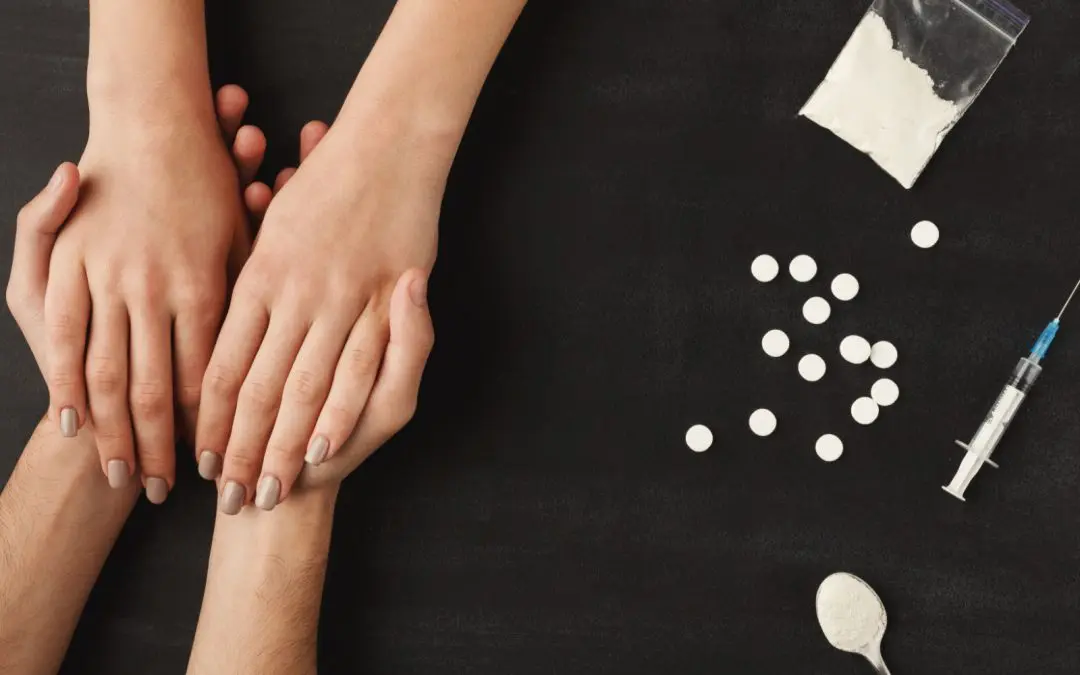24/7 Helpline:
(866) 899-221924/7 Helpline:
(866) 899-2219
Learn more about Ritalin Rehab centers in Clearwater County
Ritalin Rehab in Other Counties
Other Categories in Clearwater County

Other Insurance Options
Beacon

Amerigroup

Premera

Meritain

Private insurance

BlueCross

Excellus

CareFirst

Providence

Multiplan

UnitedHealth Group

Health Partners

PHCS Network

Lucent

EmblemHealth

MVP Healthcare

Health Net

Holman Group

WellCare Health Plans

UMR

Central Minnesota Mental Health Center
Central Minnesota Mental Health Center is a private rehab located in Elk River, Minnesota. Central M...

Riverplace Counseling Center
Riverplace Counseling Center is a private rehab located in Elk River, Minnesota. Riverplace Counseli...

New Beginnings – Elk River
New Beginnings is a state licensed, alcohol and drug treatment facility. The facility offers outpati...

Fairview Recovery
Fairview Recovery is a private rehab located in Elk River, Minnesota. Fairview Recovery specializes ...










A to Z Family Services – Orofino
A to Z Family Services – Orofino is a private rehab located in Orofino, Idaho. A to Z Family Service...

New Beginnings – Evening Outpatient
New Beginnings is a state licensed, alcohol and drug treatment facility. The facility offers outpati...

































